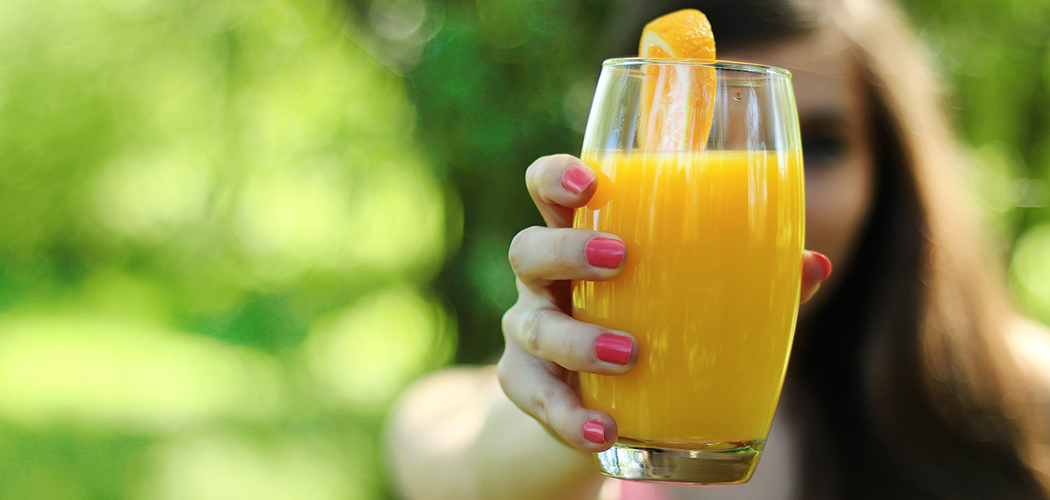Brace yourself, this one’s going to get personal.
I was 11 years old when I was first told I was fat.
My mother, seeing my tears, took me to see a nutritionist and in 1989 that meant going on a straightforward calorie counting diet. And so began a decade-long struggle with my weight and a constant battle with fad diets in an attempt to ‘fix’ myself. At one point or another I was on a cracker diet, a soup diet, a grapefruit diet and probably half a dozen others. For six months straight I lived on carrots until the palms of my hands and feet turned orange.
Were you ever that kid? Have you ever been desperate to fix yourself? If you have ever been on a restrictive intake diet you’ll appreciate the unhealthy relationship we start to develop with food.
It’s not hard to feel like you need fixing these days given all the unrealistic expectations we are up against.
Years later, I outgrew my dieting as I became a mom and shed my extra pounds. As a yoga teacher, I embraced juice fasting with my yoga community as a part of my “annual cleanse ritual.” Juice fasts are restrictive liquid-based diets intended to cleanse toxins and reset your system to a more optimal state of health. All you consume for several days are liquids. Dozens of people I know have been on a juice diet or are considering one as the New Year approaches. Have you?
There are some health benefits to juice cleansing and some nutritional issues to consider– such as the high sugar content of juices– but my focus here has less to do with the science of a cleanse and more to do with the fasting phenomenon and its effect on our psychology.
Could a restrictive cleanse create unhealthy, addictive and damaging patterns in your relationship to food and your body?
Here’s what typically happens. The first few days on a juice cleanse are often brutal. On day one, energy levels plummet and you crave food, period. By the end of day two you’re starving. After a few days, however, you regain clarity and attention and arrive at a heightened level of awareness and physical “lightness” that feels liberating.
Towards the end of my cleanse, I experienced the most bizarre and unhealthy attachment to not eating. Although I was yearning for food, I was more attached to the feeling I had without any. I became afraid of what would happen if I started to eat again. Would I reverse the “cleanse” effect by eating? Even an entire apple or a piece of fresh grilled fish or chicken became the enemy. Would eating it make me fat again?
Talking to other friends and yoga teachers, I realized I wasn’t alone. Resrtictive liquid cleanses had become our way of quick-fixing our bodies. We felt light, confident and ‘healthy’. But in reality the complete opposite was true. What the cleanse helped clarify was our smallness. Our lack of inner self-esteem and our attachment to how our bodies felt and looked.
I haven’t cleansed or dieted in over eight years. Yet, I feel my most beautiful, vital self. I’ve found an eating pattern that keeps me healthy and happy. I eat an abundance of vegetables, protein and good fats. I also drink wine and occasionally splurge on dessert and treats. Starving yourself by juice fasting should be replaced by mindful eating habits and exercise.
I lick the cake batter bowl with my kids. I no longer look like I’m starving and have probably gained a few pounds — although it’s been years since I cared about a number on the scale.
It’s normal splurge over the holidays and feel like you’re backsliding in making healthy choices. And for some, it takes years to find the sweet spot between healthy eating and occasional splurging. My advice? Go back to the basics for a while. Eat essentially vegetables for a few weeks and eliminate the food you know is lousy. Then, start to make choices that blend your diet into your lifestyle, rather than bending your lifestyle to fit your diet. Don’t be that person who’s afraid that the food you eat will go straight to your hips. Choose to be a role model of health for your loved ones.
I encourage my kids to make smart choices and no longer allow guilt to creep into my relationship with food. At home, food is a vital part of celebrating life — a healthy and wonderful way to bring us and our friends together by sharing and enjoying the simple blessings of life.
Are you considering a juice fast in the New Year? Not a problem, just be sure to do it smartly and for the right reasons. Love yourself, love your food and choose to nourish your body unconditionally.
Juicing in the New Year and want to make smarter choices? Here’s a quick preview of Mark Hyman’s real-time approach. Incorporated into a healthy diet, adding vegetable juices to a hearty diet is a great way to eat more greens.
Want to learn more behind the science of juice cleansing? You can follow Judith Newman’s Juicing journey and her lessons here, or read about the 14 habits of people with a healthy relationship to food.
